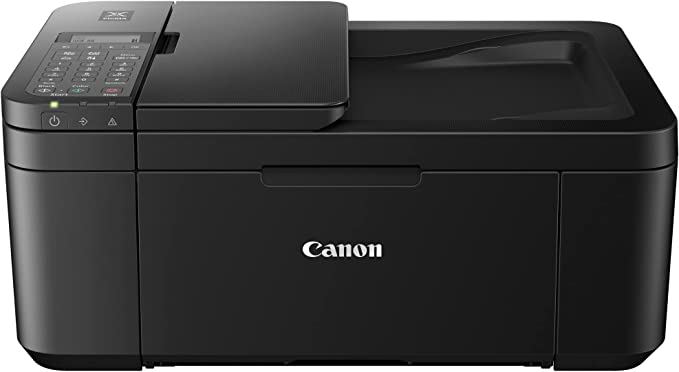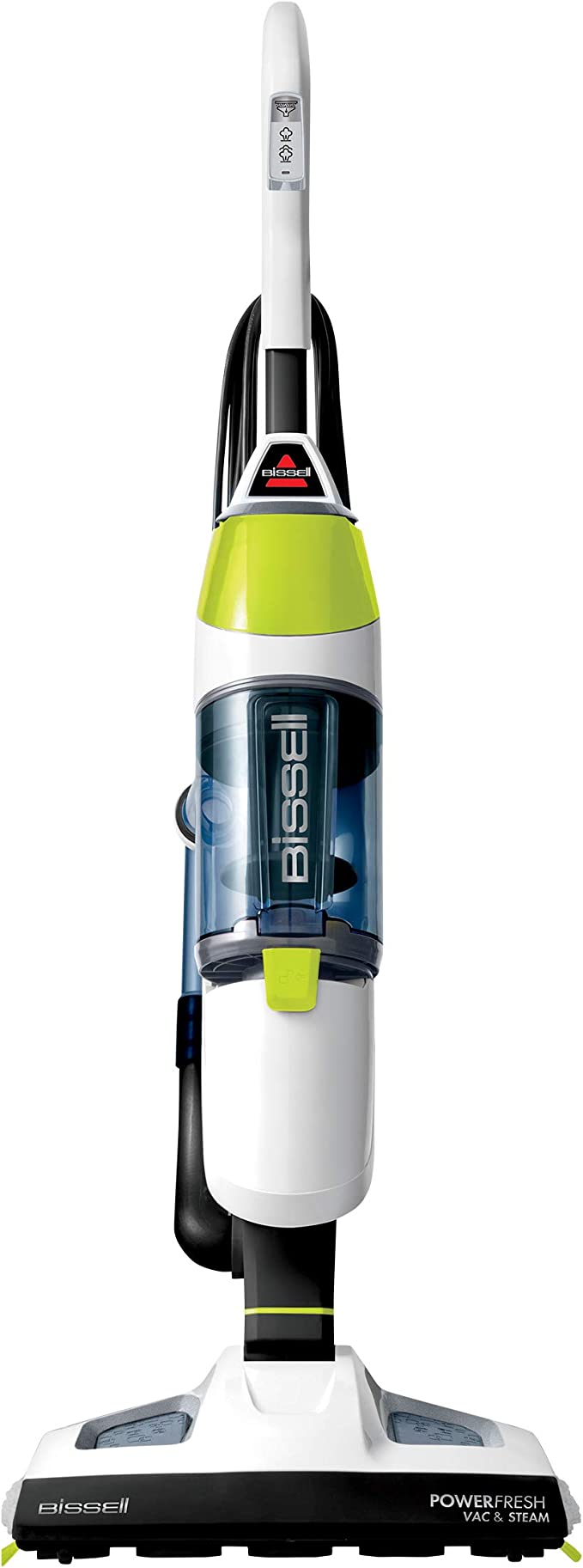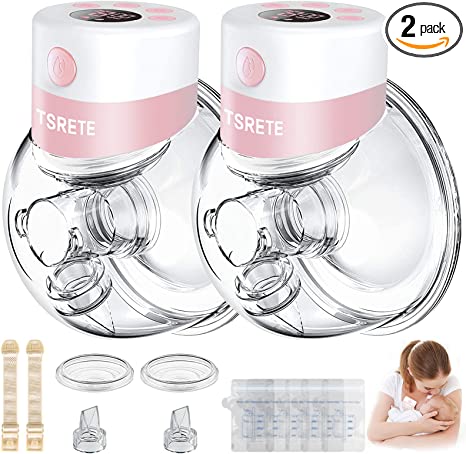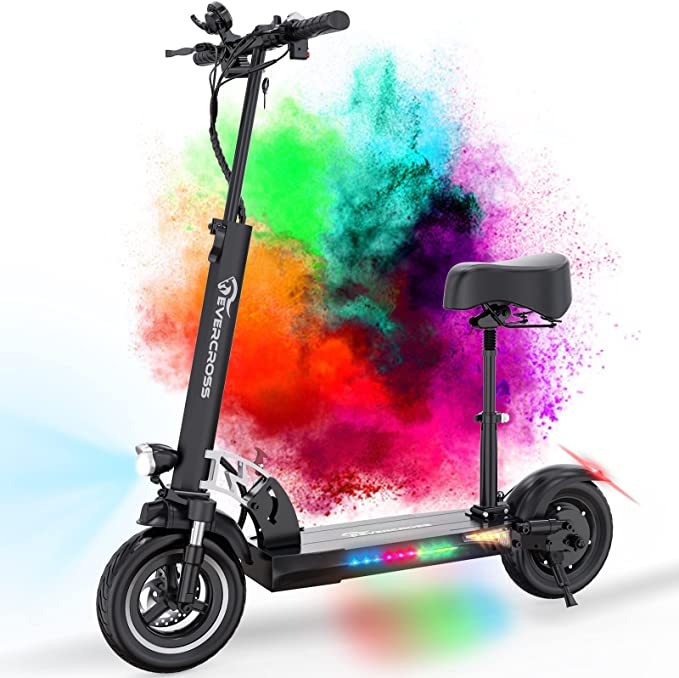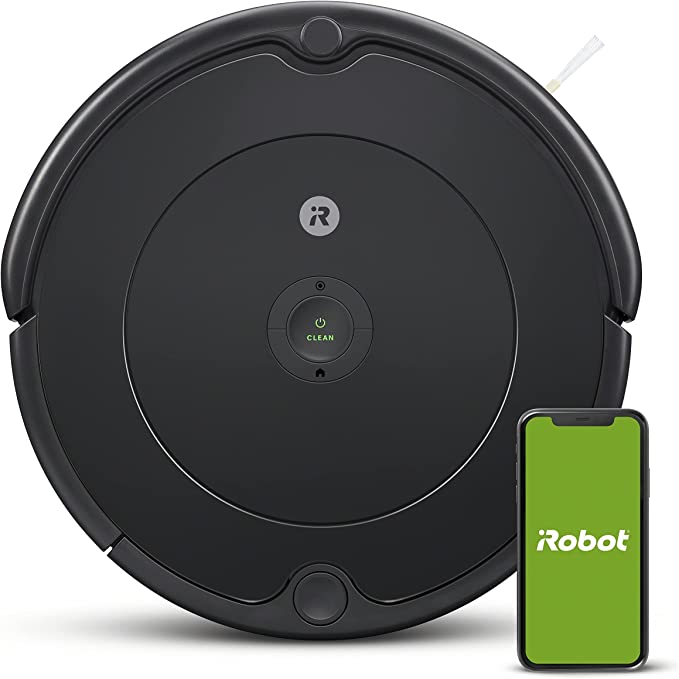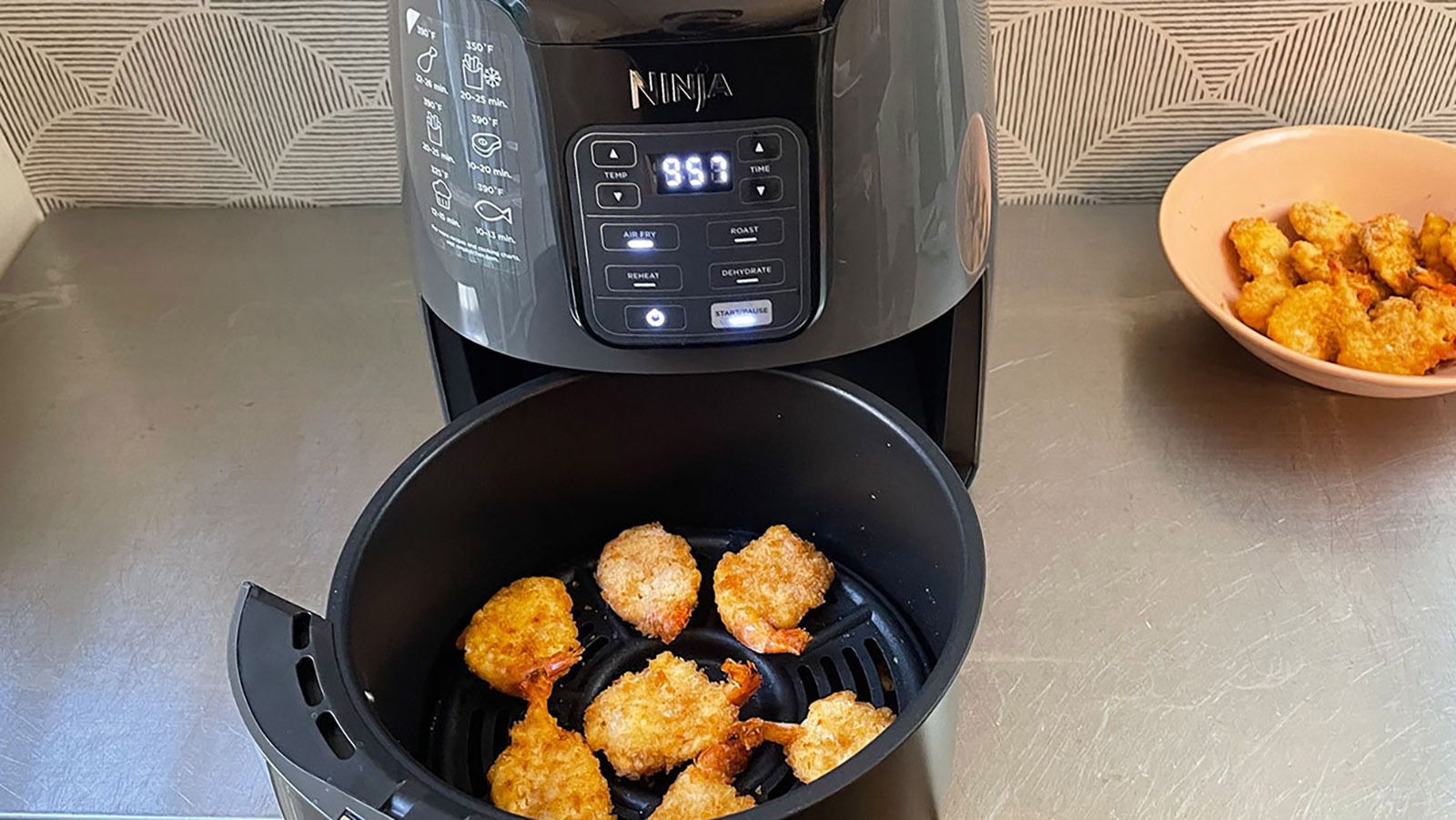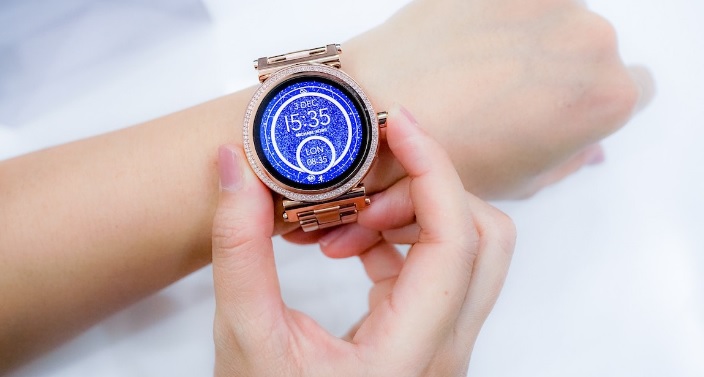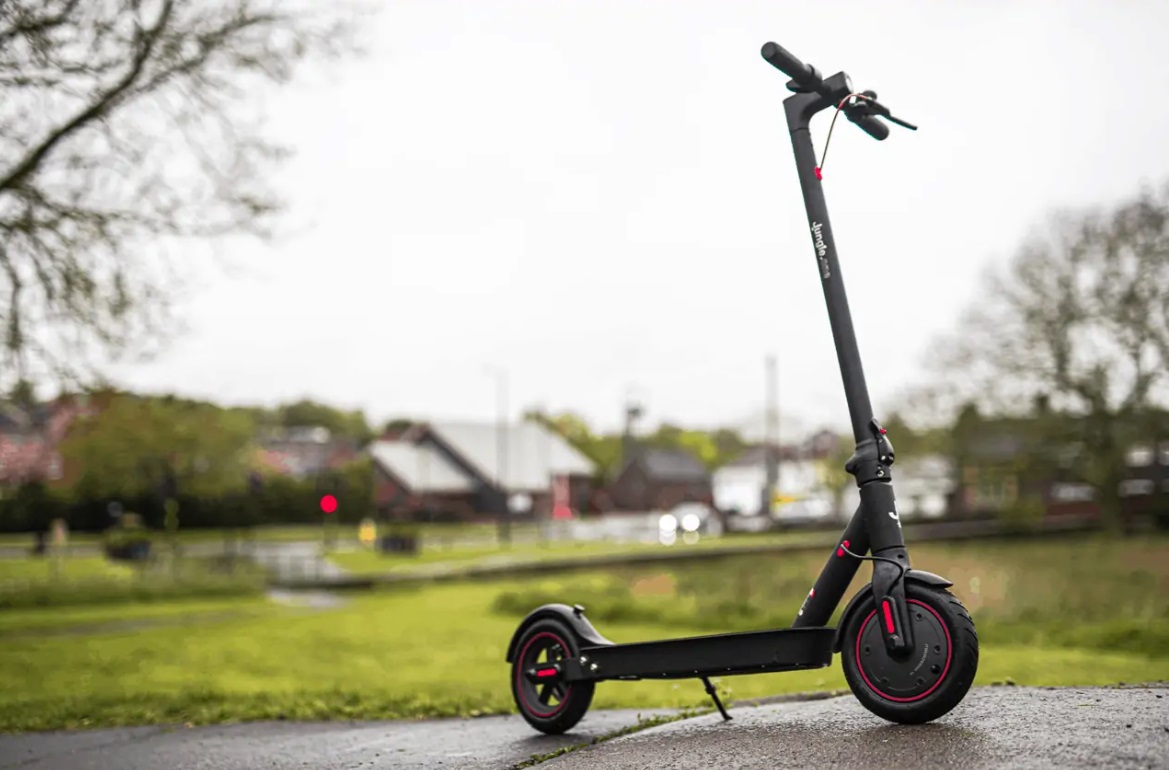Air Purifier Mini Buying Guide
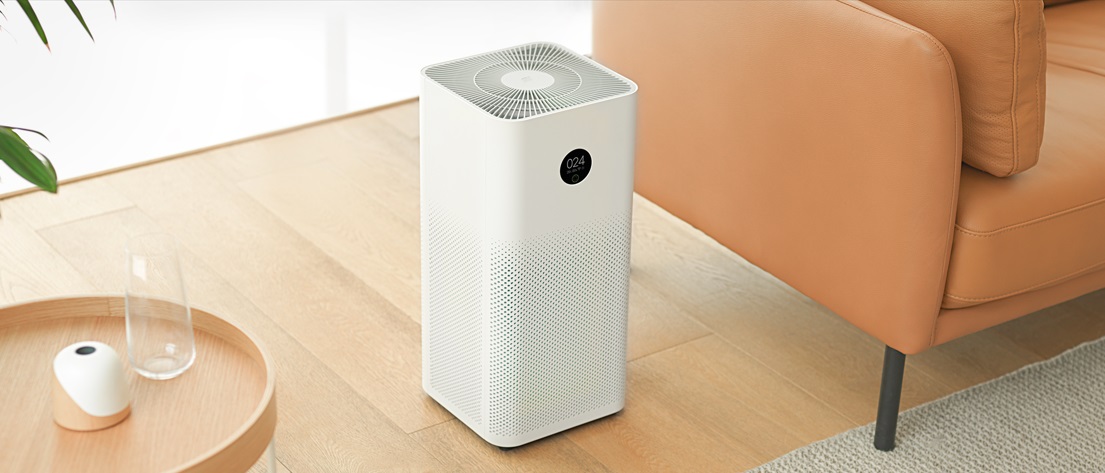
A picture of air purifier in a room. Downloaded from iStock photos.
The air inside our homes is easily polluted, making it more harmful than the outdoor air. The various household products you use, such as inkjet printers, cleaning, and disinfecting products, and oven and drain cleaners, all play a significant role in contributing to the pollution in your indoor air.
With the right air purifier, you're sure of staying in an allergy-free, pollen-free, and dust and odor-free environment.
Why Do You Need An Air Purifier?
Air purifier helps ensure that the air in your environment is safe. It is particularly recommended for people who are suffering from respiratory problems, children, or those with dust allergies.
They help to remove mold spores, pet dander, ragweed, etc., or any dirt and dust particles to keep your environment clean and healthy.
How Does an Air Purifier Work?
Air purifiers work by using hybrid, ionic, mechanical, or electrostatic filtration methods to purify your indoor air. It works by extracting dust particles, odors, smoke, or other things that pollute your indoor air via its filters before circulating it back into your room. With air purifiers, you rest assured that the air in your environment will become healthier.
What Kind of Features Do I Need on My Air Purifier?
Before shopping for an air purifier, you need to understand some things. It's best to buy an air purifier with features that will meet your specific needs. So, it would help if you considered purchasing an air purifier only when you understand the following:
Filters
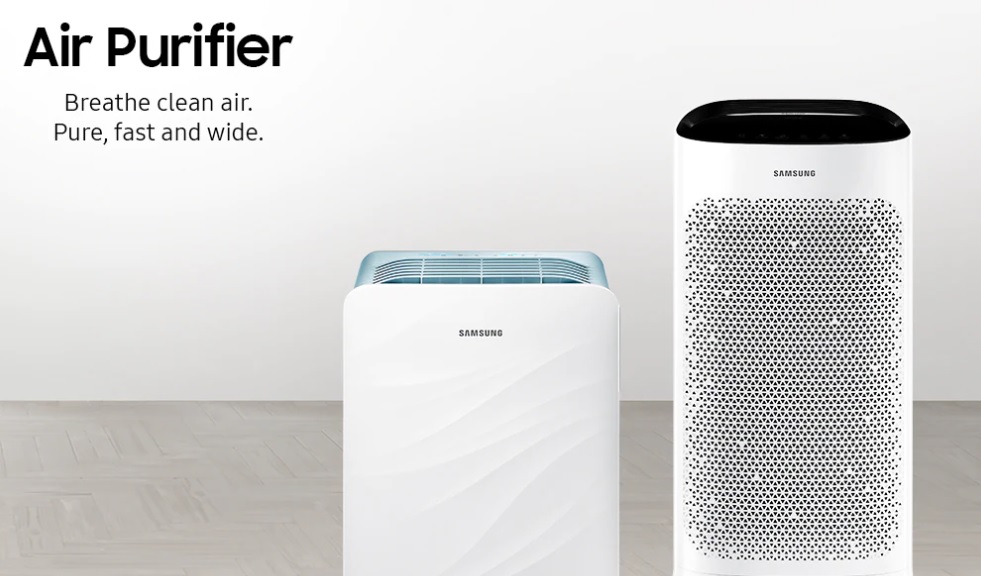
A picture of HEPA filter. Downloaded from iStock photos
Air purifiers come with different types of filters. Here are some of the common filters and how they work.
HEPA Filter: Air purifiers undergo different filtering processes. In the first stage, pet hair and other large dirt particles are removed with foam. HEPA ( High Efficiency Particulate Air) filters help clean allergens like mold spores, pollen, and dust during the filtration stage.
HEPA is very effective, and it can eliminate up to 99.9 percent of these dirt particles.
However, you need to change your HEPA air filter after using it for a while. Note that your HEPA filter's size often determines its performance. Big HEPA filters tend to hold more dirt than small ones. The material used in the filter's construction also affects its performance and lifespan.
Carbon Filters: Activated carbon filters are often used in combination with other filters. It helps in the purification process by helping to absorb gases, odor, fumes, smells, and chemicals. This type of filter also needs replacement after being used for a while.
Antibacterial and Germicidal Filters: As the name suggests, this filter type helps to eliminate harmful germs and bacteria.
So, if you're looking forward to getting rid of germs, this is the right filter.
Ultraviolet Filters: UV filters work with HEPA filters to make the air around you clean and healthy. It is often used in hospitals, labs, and kitchens to ensure that you're not exposed to airborne infection risks.
Charged Media Filters: This type of filter uses a combination of electrostatic charge filter and particle filtration to remove particles as tiny as 0.1 microns. After using it for a while, you need to replace this filter.
Photocatalytic Oxidation or (PCO) Filters: This filter uses UV light and coated metal plate to help physically break down chemicals while filtration occurs.
Air Change Rate
Another factor you should consider when choosing your air purifier is the ACH or air change rate for every hour. It helps you know the number of times the purifier filters your room in an hour. So, the higher the ACH, the better the air purifier.
CADR Ratings
Before investing in any air purifier, ensure a high CADR level. The CADR measures the ability of the air purifier to remove particles and the amount of airflow. So, the higher the CADR, the higher the efficiency of your air purifier.
Room size
Another important consideration when buying your air purifier is the size of the room where you'll be using it.
If you have a small space, a small air purifier will do. If your area is large, get a big air purifier. For best results, choose an air purifier designed for a 20 to 40 percent bigger space than your room.
If you are using your air purifier in the bedroom, ensure that you choose the one that doesn't make much noise to ensure peaceful sleep. You can choose any type for the living room.
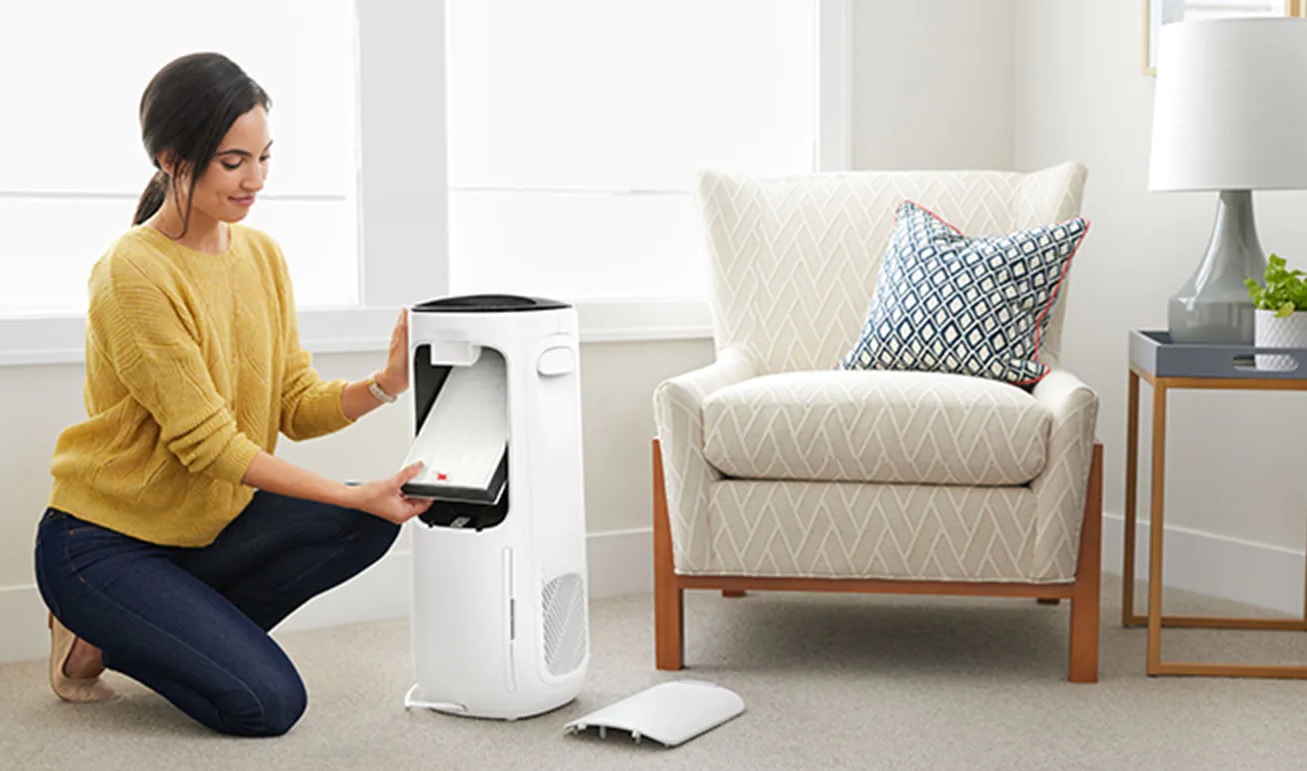
Air purifier in a bedroom. Downloaded from iStock photos
Warranty
The warranty is a vital factor to consider before purchasing your air purifier. This is because every air purifier needs replacement after 12-18 months of use. So, you should ensure a good warranty on your product for an easy replacement process.
Wrap Up
Now that you know what to look for when purchasing your air purifier, the purchasing and decision-making process should be much easier.
